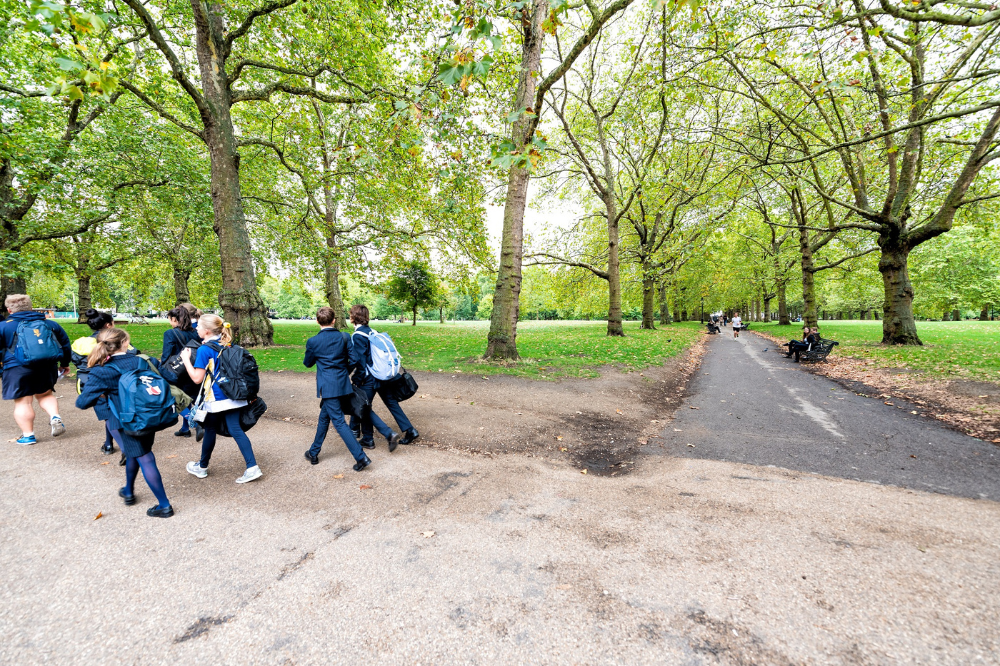
A controversial payroll tax will now apply to high-fee Independent and other non-government schools from next year following the passage of legislation in the Victorian Parliament overnight.
The payroll tax, announced following the May state budget, will apply to roughly 110 of Victoria’s wealthiest high-fee private schools, who will now lose their payroll tax exemption from July 2024.
Victoria’s peak private school body, Independent Schools Victoria (ISV), said it was “blindsided” by the Andrews Government’s decision, warning that the state’s schools could face up to $1m in budget cuts and in some cases even school closures.
Opposition Leader John Pesutto, who had pledged to block the tax, said it would “target hard-working, aspirational Victorians”, not just high-fee schools.
“The new tax would impact schools with fees as low as $7,500 per year. The additional cost would be borne by school communities and ultimately result in reduced services or increased fees,” Pesutto told The Educator earlier this month.
However, Premier Andrews said preferential payroll deals have been in place for some and that only the most “elite” schools would be impacted.
“[Independent schools] have had a preferential tax treatment for a long time, and they’re running businesses,” Premier Andrews said.
“These schools have always been judged to be in a unique category. They have not been eligible for our other support. They are not low-fee schools. They are very high-fee, elite schools, and therefore they’re in a very different position. And they have now a tax treatment that recognises their profitability.”
‘Bad in principle and bad in practice’
Responding to the passing of the legislation, ISV Chief Executive Michelle Green said staff, students and parents have “suffered a damaging blow”, adding that the tax – which is expected to net the state more than $420m – will “do little if anything to ease the government’s debt problems”.
“We still hope the government will recognise the unintended consequences of the tax, which will be inflicted on schools the government arbitrarily declares are “high fee”, using a formula the government is yet to reveal,” Green said.
“The legislation gives the Education Minister extraordinary discretionary power to choose which schools will be taxed and which won’t. This is bad in principle and harmful in practice.”
Payroll tax ‘ignores reality of school funding’
Catholic schools have also reacted angrily to the passing of the legislation, with Jacinta Collins, National Catholic education executive director, saying the tax “ignores the reality of school funding”.
“As someone who has been deeply involved in school funding over two decades, as a former senator and now as head of the National Catholic Education Commission, I attribute policy decisions like these to a general lack of understanding of the complexity of school funding in Australia,” she said.
“School funding is highly complex and is regulated under federal legislation and national agreements between the federal government and states and territories. Any arbitrary decisions outside of these frameworks not only set a precedent for other states and territories, but have the potential to impact significantly on a carefully-calculated and considered needs-based funding formula.”
Part of that impact, said Collins, is the financial burden on families who contribute significantly to their child’s schooling in an increasingly challenging financial climate, with the highest interest rates in over a decade, and increasing pressures on the cost of living.
“Policy decisions can’t be made in a vacuum, and it’s unhelpful and divisive to pit school sectors against each other and continues to inflame the school funding wars when we should be getting on with the job of improving schooling.”
Private schools have been ‘protected’ for the past 20 years
Dr Emma Rowe, a senior education researcher at Deakin University, said there have been plenty of measures that have helped private schools increase their revenue over the last 20 years, yet none that have encroached upon it – until now.
“Let’s face it – the government has been helping along private schools for the last 20 years and it is not a surprise that parents have chosen them,” Dr Rowe said. “Of course, it has come with a significant sting for parents – they are faced with a huge bill that is ever-increasing.”
Dr Rowe pointed out that even if a parent starts saving for tuition fees at the time their child is born, the amount is statistically likely to have doubled by the time the child gets there.
“So, when high-fee private schools in Victoria were told that they would lose their tax exemption in 2024, yet another privilege they have enjoyed due to their ‘charitable’ status, I am not surprised there was outrage,” she said.
“I would expect the private school lobby to fight this like it’s the greatest war they have faced – because it is.”


